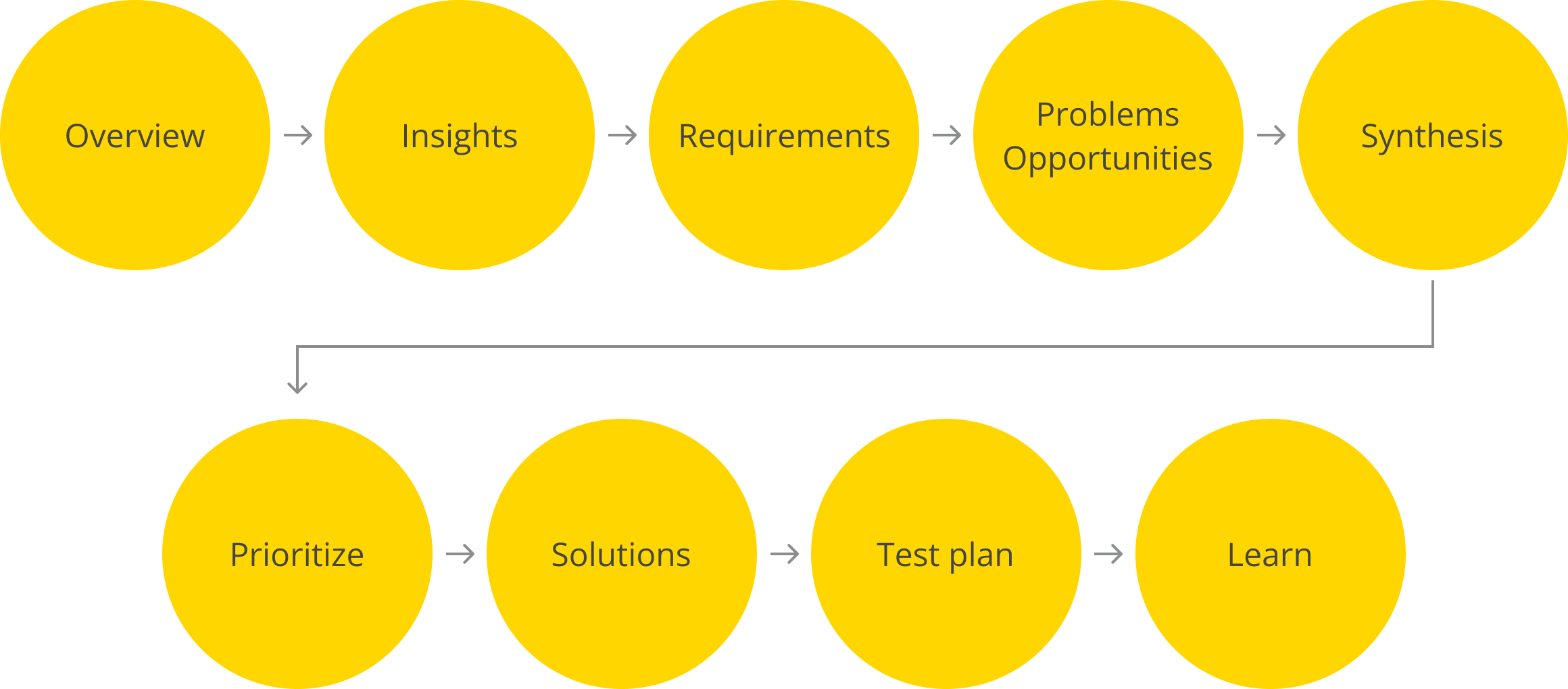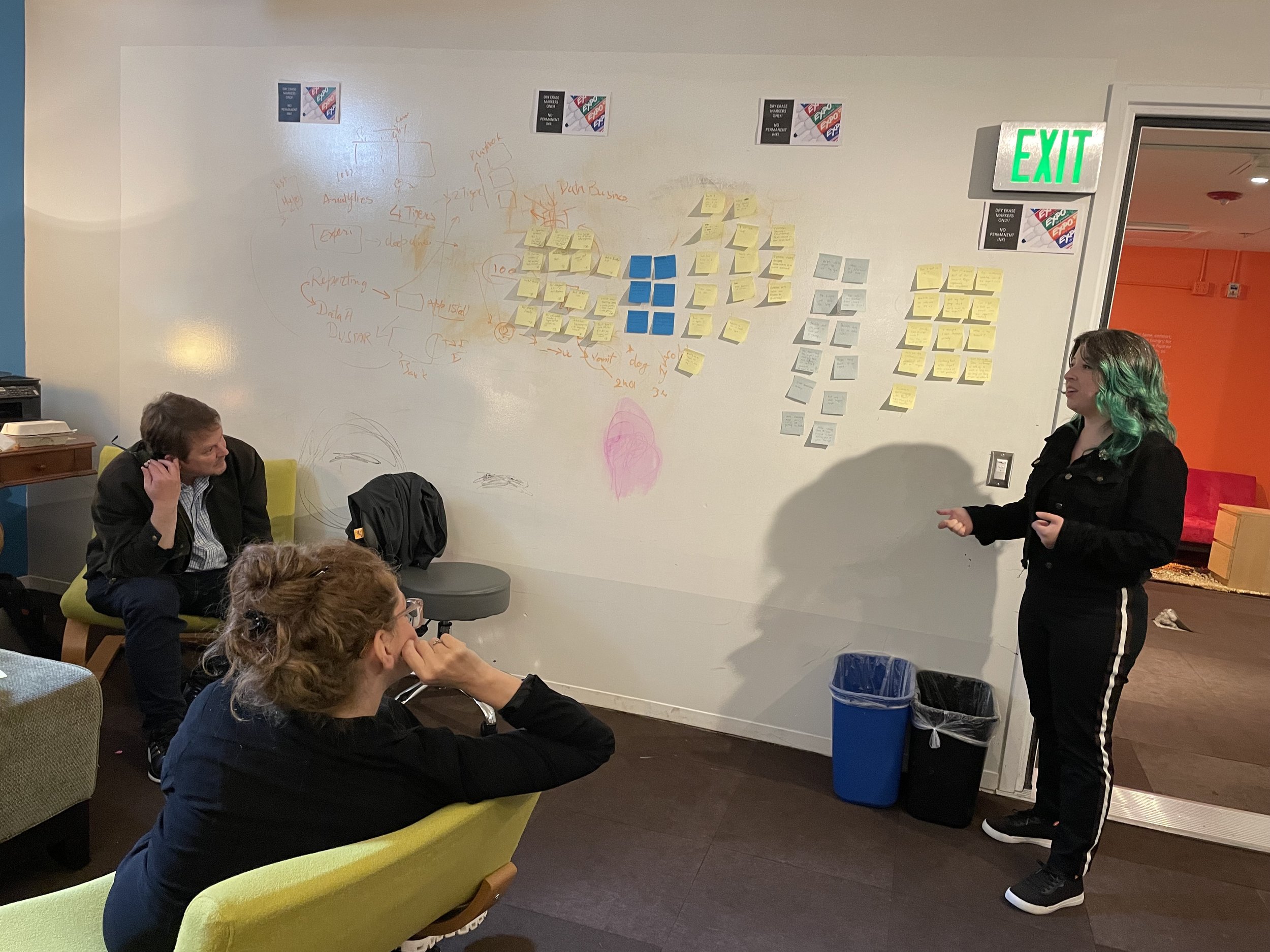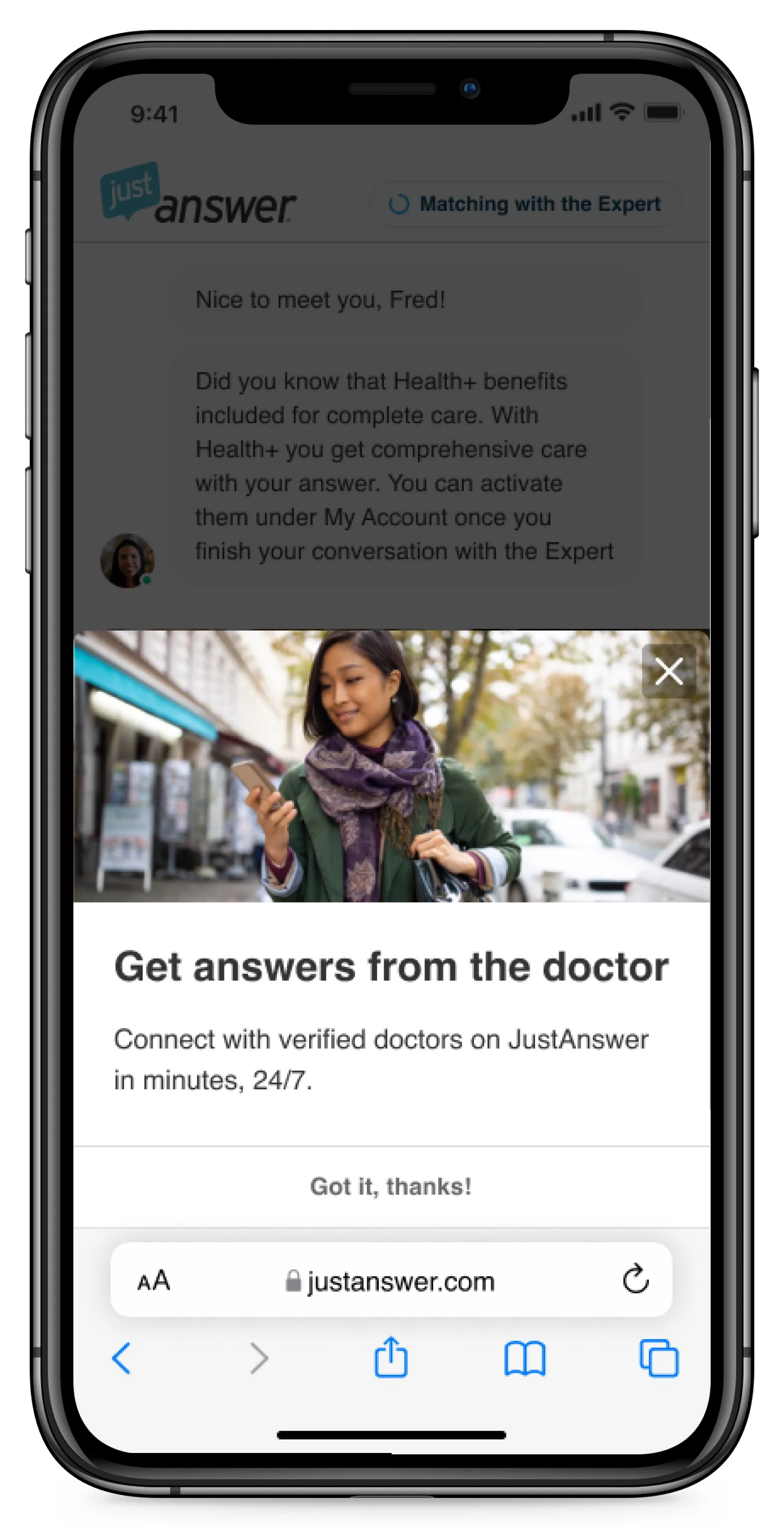
Transforming the Customer Wait Experience
The human-centered design solution leveraged conversational AI to enhance wait time satisfaction. By implementing clear communication about wait times and response methods, while using AI chat to effectively assess urgency, we achieved a measurable 5.8% increase in response rates.
Problem/Opportunity: Customers didn’t know how long the wait was to be connected to the expert; customers didn’t know how they would receive the answer. How might we set the expectations for the customers to ease their anxiety?
Hypotheses: By focusing on time expectations, we will increase customer satisfaction and reduce immediate cancellations.
Why “conversational” experience?
The conversational style + generative AI will be engaging for customers; it aligns with the key metrics we’re measuring.
Ability to prioritize urgency through conversation by using the existing chatbot script.
Impact: 5.8% increase in Customer Response rate
Role: UX Strategist & Manager (work with PMs, UX Designers, Content Strategists, Researchers, Data Analyst, stakeholders, Engineering, Conversation Designers, and Legal)
Problem-Solving Framework
Since the project was deeply complex and ambiguous, I helped the team by breaking down the problems into smaller chunks by following these steps:
Insights | Opportunity | Brainstorming & Prioritize | Solutions | Challenges | Strategy
Insights
We’re gathering historical data, conducting qualitative interviews, and unmoderated interviews with UserTesting. The goal was to uncover customer needs, prioritize, and design solutions that address those needs.
Opportunity
Unknown next steps: customers want information on when they will be served, and if it isn’t within a defined amount of time, they want a smooth exit from the “waiting room.”
Brainstorming & Prioritize
I led a shortened version of the design sprint exercise with the core team members (Product, UX, Content Strategist, Engineering, Initiative Leader) to prioritize problems and find initial solutions.
“Get the user into a meaningful conversation with an expert on the user's schedule”
Challenges
The complexity of the project faced many challenges with every twist and turn, from resources to stakeholder management.
Lean Approach Solutions
Short-term: Personalization (Informing customers and introducing personalization)
Medium-term: Scheduling (Introducing an option to schedule based on customers’ archetype)
Long-term: Controlling the experience (Focus on wait times, urgency triage, and scheduling.)
A Solution to Test: Conversational
The concepts went through many revisions, and the team agreed on leveraging the current framework of chatbot conversation and generative AI implementation to set time expectations and scheduling.
Visual design updates are also part of the scope to ensure design consistency.
Key metrics: CRR
Before
After
Winning Strategies v1
Right prioritization: The test will run with a script asking about the problem's urgency. The urgency factor will trigger the bonus system on the expert side to have the question picked up immediately for urgent customers.
The conversational style + generative AI will be engaging for customers; it aligns with the key metrics we’re measuring.
Updated visual for consistency
Final visual design executed by UX designers


















